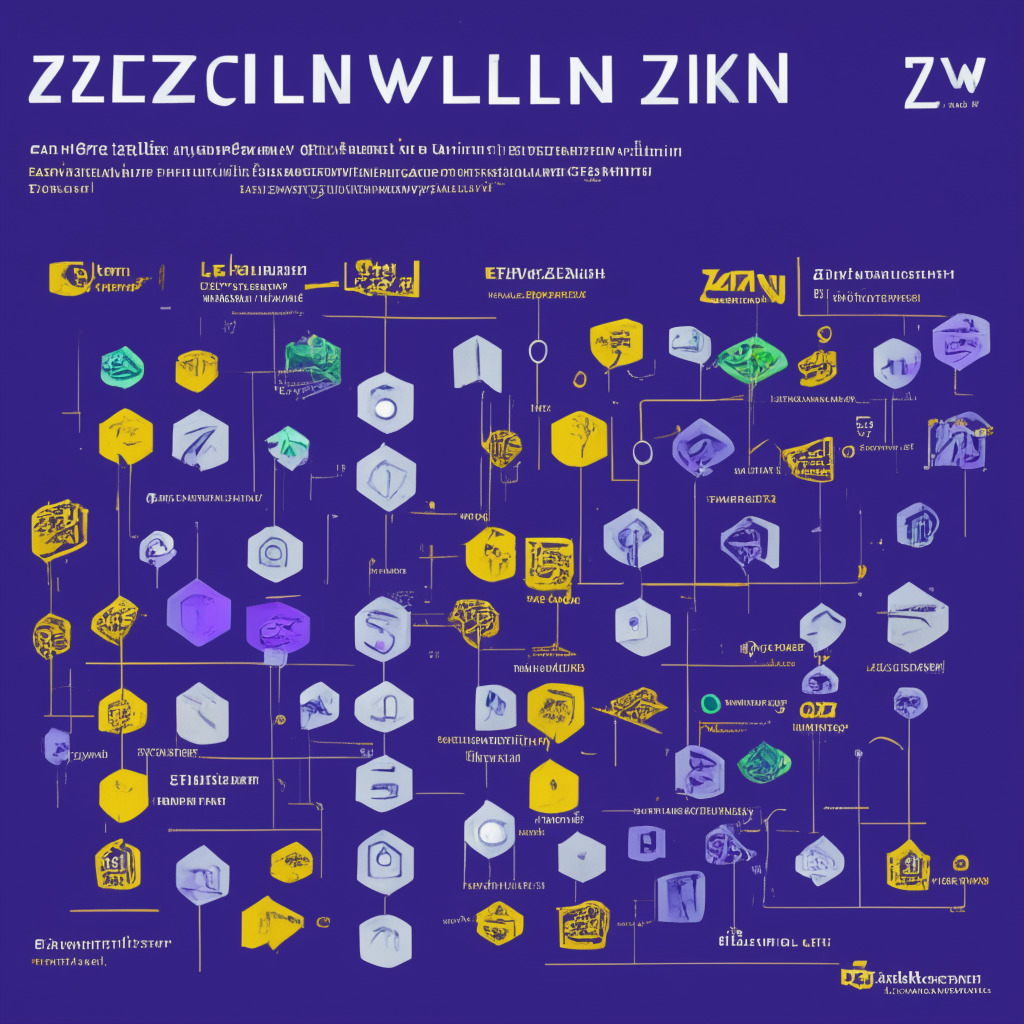Polygon co-founder Mihailo Bjelic recently proposed an upgrade to the Polygon Proof of Stake (PoS) network, suggesting a shift to a “zkEVM validium” version that would implement zero-knowledge proofs for increased security. Polygon PoS is an Ethereum scaling solution with over $900 million of total value locked within its contracts, executing more than 2 million transactions daily. The concept of moving to a zkEVM version would make both networks reliant on zero-knowledge proofs for enhanced security and scalability.
The proposed zkEVM validium is different from the recently launched zkEVM rollup, as it would not store compressed transaction data on Ethereum. Instead, it would retain only validation proofs on layer 1, with actual transaction data held on a separate chain. As a result, it would offer lower transaction fees and heightened security by inheriting Ethereum’s security features.
This potential upgrade would enable Polygon zkEVM to be used for high-value transactions, prioritizing security, while Polygon PoS could become the preferred network for gaming and social media enthusiasts. Bjelic suggests that the zkEVM validium would prove an excellent fit for applications dealing with high transaction volume and requiring low fees, such as Web3 gaming, and social applications.
The timeline proposed by Bjelic states that the informal proposal could transform into a formal Polygon Improvement Proposal (PIP) by November, with mainnet implementation occurring between February and March of 2024. The introduction of Polygon zkEVM, as well as the upgrade of Polygon PoS, aligns with the team’s broader vision of creating a “Supernet” that unites various application-specific chains. Dubbed as “Polygon 2.0”, this project aims to create a comprehensive ecosystem of interlinked chains.
However, skeptics may question the overall impact of this upgrade and its potential consequences. While the shift to a zkEVM validium version could result in lower transaction fees and increased security, some drawbacks may arise from storing transaction data locally instead of on Ethereum, particularly regarding data availability and efficiency.
Nevertheless, such a move would be a significant step towards creating a versatile solution that caters to various user requirements and application types. With Polygon’s continuous efforts to innovate and enhance its ecosystem, the blockchain landscape is set to become even more diverse and sophisticated. As the community anticipates the proposed zkEVM validium upgrade, the vital conflict surrounding the trade-offs between security, scalability, and decentralization remains to be seen.
Source: Cointelegraph




